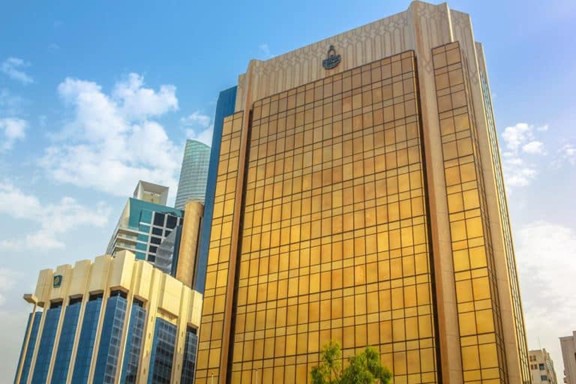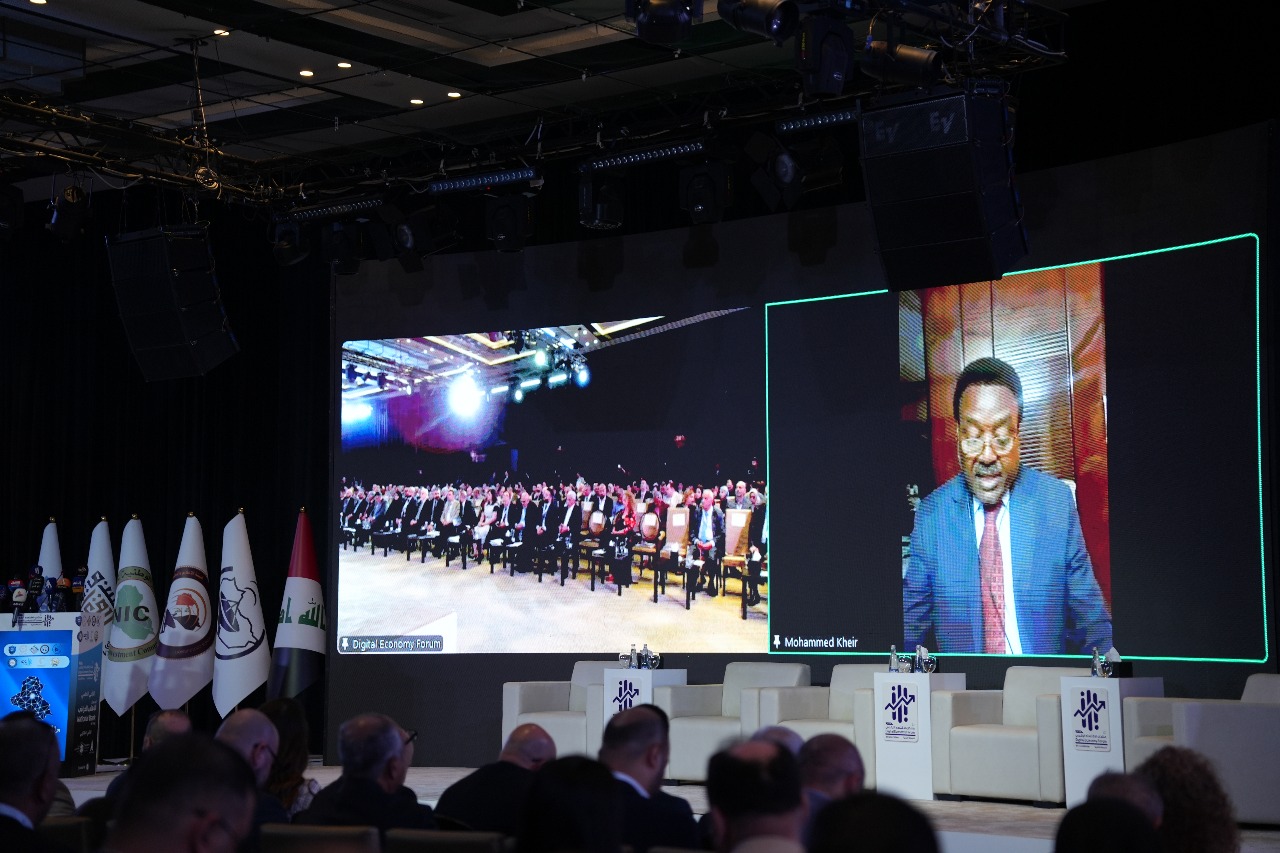The International Scientific Conference on Digital Transformation and its Impact on Sustainable Development kicked off today with Arab and international participation. The conference is organized by the Faculty of Economics at Damascus University, in cooperation with the National Union of Syrian Students and the Tafa’ul Foundation for Exhibitions and Conferences.
The three-day conference, held at the University of Damascus Auditorium, highlights contemporary research and experiences in the field of digital transformation and its role in sustainable development, methods of its application in all fields, the digital economy and its impact on promoting economic growth, the role of e-government in achieving sustainable development, the digital transformation strategy in the government sector, and the challenges facing the accounting and auditing profession in light of digital developments.
The conference will feature researchers and specialists from numerous countries, including Algeria, Iraq, Jordan, the Sultanate of Oman, Lebanon, Egypt, Sudan, Iran, India, and the United Kingdom. Participants will also include a number of ministries, government agencies, institutions, and private companies in Syria. In his opening remarks, Minister of Higher Education and Scientific Research Dr. Bassam Ibrahim emphasized the ministry’s efforts to establish the foundations of quality in its educational institutions, which have contributed to improving and ranking our universities. This is achieved through the adoption of new strategies and scientific plans that include the standards to be followed in a competitive scientific environment.
For his part, Minister of Communications and Technology Dr. Iyad al-Khatib said: “Digital transformation plays a role in enhancing communication and transparency, achieving speed of processing and operational efficiency, reducing the waste of public funds, and enabling the process of sustainable development in building a digital economy based on diversity and knowledge, in line with Syria’s Vision 2030 and the directives of the leadership.” Damascus Governor Eng. Mohammad Tariq Krishati presented the strategy and reality of digital transformation in the governorate, which was prepared in cooperation with Damascus University and the General Organization for Technical Industries. This strategy was based on the current state of information technology in the governorate and Syria in general, and the repercussions of the terrorist war, which have impacted the completion and stability of infrastructure and software. He pointed out the existence of a digital administrative platform covering all administrative work in the governorate.
President of Damascus University Dr. Mohammad Osama Al-Jaban considered that digital transformation in the higher education sector has a significant impact on the way institutions operate at all levels, including teaching, learning, and scientific research. Furthermore, the use of innovative technology and the transition to digital systems enables us to access information, streamline processes, and contribute to achieving sustainable development.
Dean of the Faculty of Economics Dr. Hussein Dahdouh noted that in light of the digital transformation, data analysis supporting the work of governments and institutions becomes easier and more accurate, enabling them to achieve greater benefits, which is reflected in improved government performance and enhanced accountability and transparency. In a speech delivered by the conference’s strategic sponsor, Hussein Sharaf, CEO of Syria Gulf Bank, highlighted the bank’s commitment to supporting initiatives and projects that contribute to building a digital future in Syria. He emphasized the importance of innovation and creativity, the need for cooperation, knowledge exchange, and leveraging the potential offered by modern technologies.
Regarding the efforts of the Syria branch office of the Arab Federation for Digital Economy to complete the digital transformation process, Dr. Ammar Dalloul, head of the office, spoke about the ongoing cooperation with the government, ministries, public and private bodies and institutions, and business community organizations to contribute to establishing and implementing more initiatives, projects, and programs aimed at increasing the rate of transitioning the economy from traditional to digital and contributing to the reconstruction and development of the local economy.
Maher Sheikh Al-Ard, CEO of Tafa’al Exhibitions and Conferences, noted that researchers and participants will present the latest developments in the field of digital transformation during the conference, and will develop proposals and recommendations related to the infrastructure for digital transformation in Syria, to determine the basic framework for building this process. In turn, Dr. Zahir Al-Qurashi, head of the Jordanian universities delegation, said, “We came to share the Jordanian experience with the University of Damascus, which has produced a group of the most prominent scientists and innovators and has played the greatest and most important role in leading other universities.” He emphasized the importance of the conference in light of the tremendous technological progress the world is witnessing.
The opening of the conference included the presentation of honorary shields to the conference’s sponsors and participants, followed by the opening of a scientific exhibition in the Reda Saeed Conference Hall, and a peer-reviewed scientific competition for digital transformation research by researchers, graduate students, and academics in the digital transformation project. The competition discussed its reality and implementation strategy in the Syrian government sector, along with a presentation of Arab and foreign experiences. The opening ceremony was attended by the Minister of Finance, Dr. Kenan Yaghi; the head of the Central Authority for Control and Inspection, Judge Amna Al-Shammat; the Vice President of the National Union of Syrian Students, Amer Tlass; the President of the Federation of Syrian Chambers of Commerce, Mohammad Abu Al-Huda Al-Lahham; the President of the Damascus and Rural Damascus Chamber of Industry, Ghazwan Al-Masry; a number of ministerial assistants, ambassadors, and members of the diplomatic corps in Damascus; the CEOs of private banks; the heads of unions, syndicates, and organizations; and a host of businessmen, experts, and specialists in the field of digital transformation.











